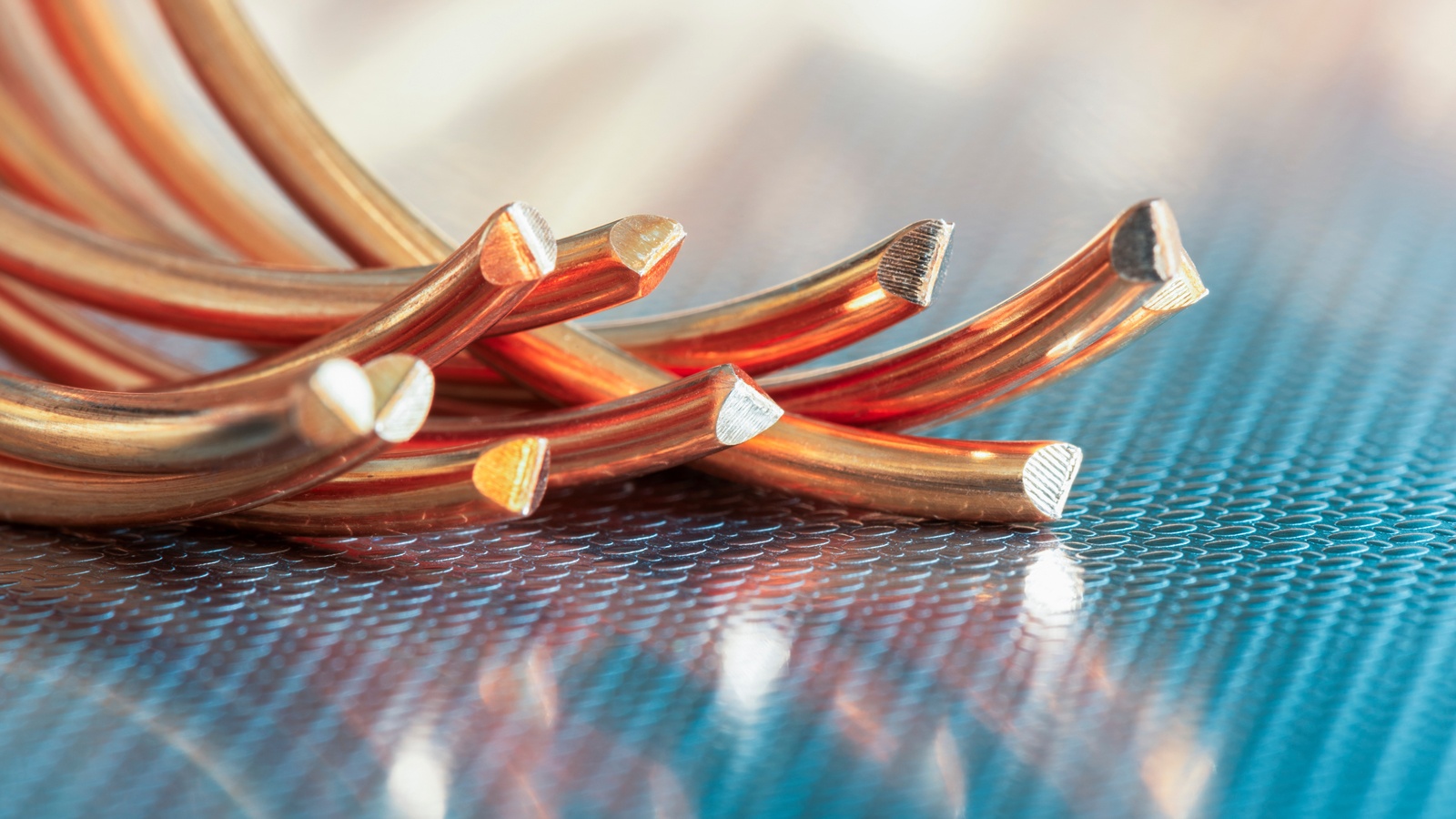
Tanya Weaver Tue 4 Mar 2025
Collected at: https://eandt.theiet.org/2025/03/04/researchers-explore-sustainable-ways-mine-copper-without-destroying-planet
Researchers at the Rio Tinto Centre for Future Materials in London are searching for ways to meet the global demand for copper while minimising environmental harm.
Copper is an invaluable metal for global infrastructure, used in electrical wiring , plumbing and industrial machinery.
It also plays a role in our move towards net zero as part of electrical vehicle production and solar panels , for instance.
A study published last year found that renewable energy’s copper needs would outstrip what copper mines can produce at the current rate. Between 2018 and 2050, the world will need to mine 115% more copper than has been mined in all of human history just to meet current copper needs, even without considering the green energy transition.
But copper mining has a huge environmental impact as it contributes to deforestation, water pollution in nearby rivers and soil contamination from the use of acids, as well as air pollution from carbon emissions.
In December 2024, global mining company Rio Tinto and Imperial College London launched the $150m Rio Tinto Centre for Future Materials in London.
The aim of the centre, which brings researchers together from around the world, is to accelerate the development of new sustainable techniques and technologies to help transform the way materials are sourced, processed, used and recycled.
The first material being focused on at the centre is copper and finding new ways to extract it in the most sustainable way possible.
Dr Sarah Gordon, the centre’s co-director, told The Observer: “Our first aim is to find new, responsible ways to source metals – in particular copper. Can we extract it without disturbing rocks at all? Or could we use viruses and bacteria to harvest copper? These are the first crucial questions the centre aims to answer.”
The international research team, led by Professor Matthew Jackson, chair in geological fluid dynamics at Imperial College, are exploring whether volcanic brines could be used to extract copper with minimal ecological harm.
Jackson told The Observer: “That means we can extract the copper by pumping the brines to the surface via boreholes – which is relatively easy – and also use local energy to power the mine itself and possibly provide excess energy for nearby communities.
“Essentially, we are seeking to build self-powered mines and have already pinpointed promising sites in New Zealand, and there is potential to explore conventionally barren areas such as Japan.”

Leave a Reply